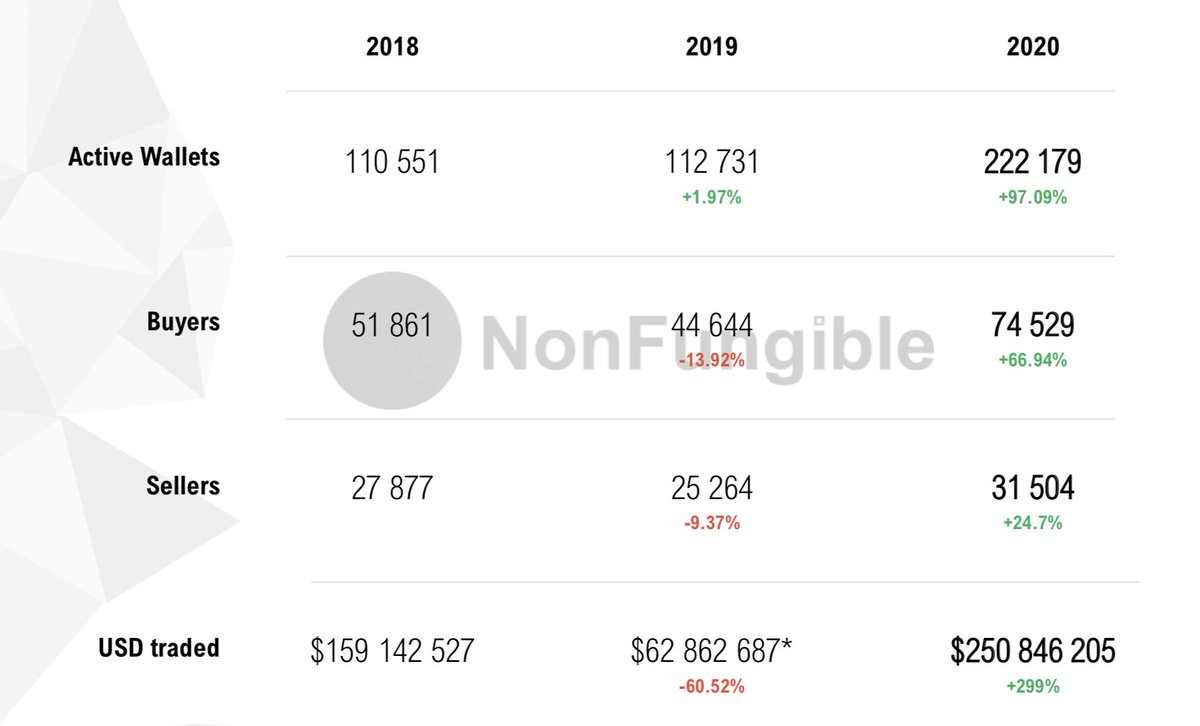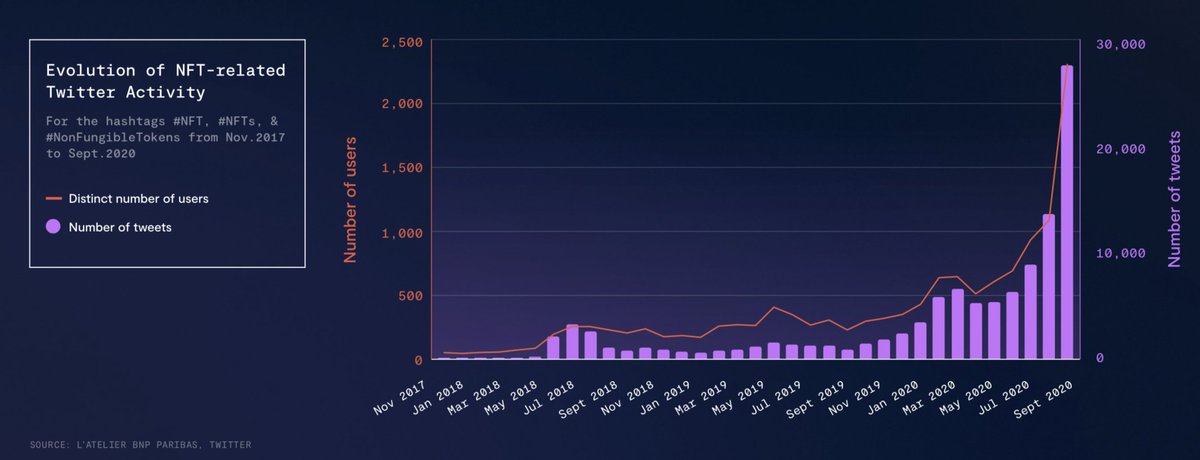Asset management: evaluating the long term investment of the property. IRR from purchase to sale, capital improvements (as necessary; you can over- and under-spend here leading to suboptimal returns), and strategic vision (i.e. bldg class) tying it all together.
1/n
How we think about commercial property management:
1) Asset management
2) Property management
3) Operations
4) Accounting
5) Leasing
All functions are necessary and may be combined in many situations, but it's important to distinguish for clarity of thought.
Asset management: evaluating the long term investment of the property. IRR from purchase to sale, capital improvements (as necessary; you can over- and under-spend here leading to suboptimal returns), and strategic vision (i.e. bldg class) tying it all together.
Property management: understanding the physical asset. Overlaps w/ asset mgmt on, e.g., HVAC or roof CapEx. Fire/life safety regulations, ADA compliance, landscaping to draw tenants (but don't spend unnecessary $), dealing with water leaks or squatters, etc.
Operations: often thought of as property management too, but we distinguish. The blocking and tackling. Inbound issue (mostly tenants, sometimes from owners, etc.) and outbound solution (provided by us, vendors, etc.). A high volume activity -> different skills than PM.
Accounting: the most straight forward in the traditional sense. We don't do CPA work because we are 3rd party and the building is usually a small slice of an owner's tax picture. Efficient and accurate accounting w/ high importance for CAM accts and reconciliations.
Leasing: we specialize by NOT doing deals and letting brokers, who know the market, find tenants or represent the owner. But we review and it's important to know the details of the lease. Are there risks to owner? How is CAM defined? Various clauses? Devil's in the details.
So how does this all provide value? It depends on the owner's goals, the property's ability, and, in the short term, the lease definitions.
First, vacancy risk is large. Maximum rent $ and max occupancy are foundational. Yes, brokers help find tenants...
...but good property management can keep our ears to the ground and, most importantly, quality service makes happy tenants who are willing to stay. Saves owners vacancy, tenant improvement $, commissions, etc. Answering the phone immediately, solving the issue quickly...
...and commanding good service from vendors (through buying power and good relationships) make happy tenants. Why would a tenant with a fair rent and great service deal with the pain of leaving if they don't have to?
Second, there's a lot of lost $ in CAM...
... Many owners and PMs we take over for don't charge CAM or don't charge it accurately and do a proper reconciliation. This almost always favors the tenants. It's not cheating to charge for money that is rightfully the owners per the lease! Especially when dealing with...
...large corporate tenants. They know the rules of the game and already factored it into their negotiations! Why is it skipped? For the unlearned, it can be confusing. Additionally, many leases are different so it can be extremely time consuming to calculate CAM for...
...750 tenants every year. How do we do it? Software! Good software has the ability to handle all complexities found in leases. You need to wield your tool accurately and there's a learning curve, but we can calculate CAM recs for all our tenants with the click of a button.
Third: vendor spend. We see both sides. Some properties we take over for are poorly managed because owner / prior PM skimped on costs. We also see over-spent $ because the manager didn't treat it like their own investment. Simple rule: spend the necessary $ but no more. ...
... You should be able to ask "is this necessary"? Or "will this increase curb appeal"? Or "will tenants be upset if we DON'T spend on this"? The goal isn't to cut it bare. Spend the $ and definitely spend the CapEx $ as necessary. The leases also matter here. Are they...
...base years or NNN? Or a straight gross lease? Don't spend just because the tenants will pay, but that's part of the deal. But before you spend like it's the tenants $, let alone the owners and not your own...remember...the tenants view their expenses all-in, so if...
...you spend $ with NNN leases that increase the tenant's cost by 25¢/sf, they can't do much about it in the short term but their all-in costs went up 25¢ so at least renewal they'll vote with their feet or ask for a base rent reduction. SOMEONE is always paying...
...so the more you spend, the more that comes out of the system. Better to make happy owners and tenants. And the vendors will get their's too - the good ones who are efficient and create good value will get used on other buildings you manage! Everyone in the system wins.
Fourth: similar to preventing system loss, both owners and management can win by not over staffing a project. How many properties need on site management, let alone 3 full time staff? Way less than the number that have it! You can provide top notch service without...
...physically being there. Phones, emails, work order systems - have them and respond immediately (operations). Show up as soon as necessary (PM or vendor). It's the 21st century! And the on-site managers usually charge on a cost-plus basis.
Guess who ISN'T incentivized to get the absolute best people they can? The PM co! We do off site only and, correct, we do not have one person DEDICATED to your building. But we do have 4 people touch each property (PM, ops, accounting, leasing) plus our leadership so...
...someone will have the answer and be available. But also, by not costing as much (we charge less because you don't need to pay for the full-time staff plus our overhead) the pie to split is bigger. Again, everyone wins because we reduce system loss! It's a common theme...
More from Business
Facebook originally a CIA program called "LifeLog".
LifeLog, via DARPA, terminated on Feb 4th, 2004.
Facebook was launched on Feb 4th, 2004.
Many of the LifeLog team became execs at FB.
Zuckerberg is a figurehead.
CIA allowed Cambridge to help Trump win
https://t.co/enzOXDCogV

Pentagon Kills LifeLog
LifeLog, via DARPA, terminated on Feb 4th, 2004.
Facebook was launched on Feb 4th, 2004.
Many of the LifeLog team became execs at FB.
Zuckerberg is a figurehead.
CIA allowed Cambridge to help Trump win
https://t.co/enzOXDCogV

Project: Lifelog
— Robert Horan (@Robby12692) December 13, 2018
Started by DARPA in 1999, the goal of Lifelog was to create a database on civilians without their knowledge, and track everything they do.
The project "ended" on Feb 4th, 2004.
Facebook began the exact same day.
The CIA funneled tens of millions into Facebook. pic.twitter.com/r7hwF0v9kh
Pentagon Kills LifeLog




















